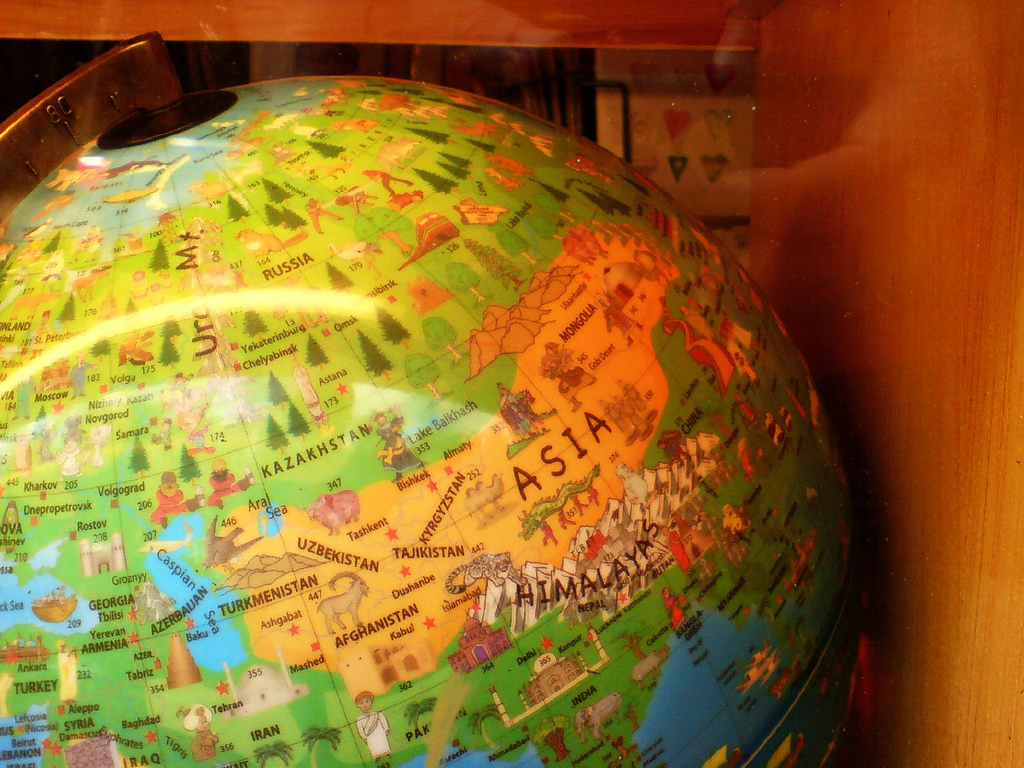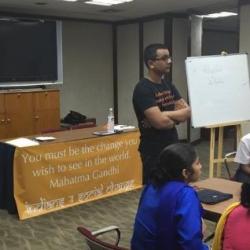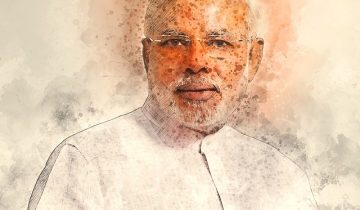Indian and Chinese Leaders Discuss Economics as BJP Takes Leadership

India and China have the hands of over 1/3 of the world’s population in their hands. Joint cooperation between the two is very important, but various issues of contention could undermine the future of relations. However, recent events seem to highlight some coming changes. Chinese Premier Li Keqiang was the first foreign leader to call PM Modi after he assumed office. Modi visited China in the past as the CM of Gujarat and Chinese media refers to him
Among issues of joint cooperation and tensions, is an air of competition. PM Modi, while China’s foreign minister Wang Yi and external affairs minister Sushma Swaraj were meeting, made the following statement on his agenda to catch up with China:
We need skills, scale and speed if we have to think of competing with China.
The official press release referred to the Chinese proverb that a 1000-mile journey begins with a single step and added, “That step has been taken with this engagement.” The following sums up the sentiment very well:
Even while there was a determination to add new content and substance to the relationship, there was an understanding that respect for the sensitivities and aspirations of each other was essential for expansion of bilateral relations.
Economics
The main topic of conversation between the two was further economic ties. China is already India’s top trading partner, but the deficit is highly favorable to the Chinese. They both plan to inject new life into their economic ties by pushing for “untapped opportunities.”
They currently share a trading relationship of $65 billion annually, but the trade deficit is $40 billion dollars in favor of China. They hope to take action like setting up industrial parks, and creating special economic zones as are popular in China. They want to increase business and trade relations in various ways to spur the economic activities. The spokesperson for the external affairs minister added:
There was also a fairly long discussion on economic issues. These included specific projects, trajectory of economic ties, potential for tapping opportunities as well as the hurdles being faced in pursuing enhanced economic cooperation.
Border Issues
China and India have two main border disputes that were conveniently not discussed during the meeting. China seems to be increasing its military presence in Pakistan-controlled Kashmir. India accuses China of occupying 38,000 square kilometers of territory in Jammu and Kashmir. China claims that 90,000 square kilometers of land in the state of Arunachal Pradesh are part of Chinese territory.
Terrorism
Wang thanked India for its position on terrorism that occurs in China. They further discussed counter-terrorism cooperation between the countries as both work to combat the threat.
Tibet
At Modi’s swearing-in ceremony he invited Lobsang Sangay, the prime minister of Tibet’s exiled government, which resides in India, in a historical move. Most nations avoid dealing with Sangay out of fear that their actions will upset China; yet, Sangay was front and center at the swearing-in ceremony for PM Modi. China has now launched a formal complaint, as it continue to denounce the exiles and the Dalai Lama.
In preparation for Mr. Wang’s arrival this week, security was increased around a Tibetan neighborhood in Delhi. They locked in activists from the Tibetan Youth Congress who wanted to protest. It seems India is confused as to which one of the two it wants to support, but it is hardly fair to blame India. On one hand, we have the values we cherish, and on the other, the economic growth that is needed.
Conclusion
As with many global relationships, economic ties make it hard for other factors to upset Sino-Indian relations, as both countries are highly dependent on each other. Yet, if those issues could be resolved, further cooperation and mutual growth could be possible. It will be important to see where PM Modi and his administration take this globally relevant relationship.
[Image Attribute: atomicShed via Compfight cc]




